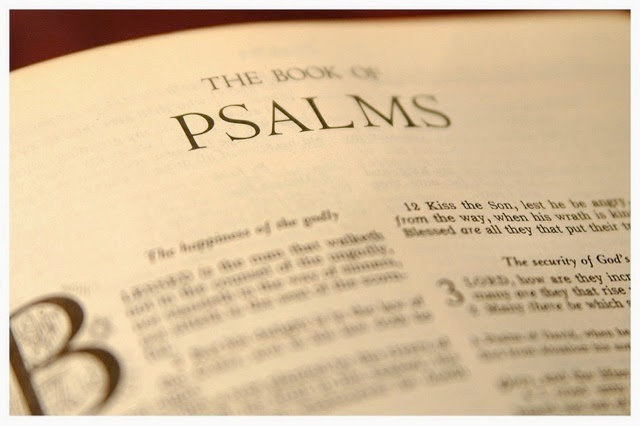GETTING THE MESSAGE/God’s sovereignty explained
Psalm 29 is a song about the sovereignty of the Lord God. There are three categories of God’s sovereignty in the psalm: he is sovereign over heaven (verses 1-2), he is sovereign over the events on earth (verses 3-9), and he is sovereign over the salvation of His redeemed people (verses 10-11).
In verse one there is an appeal to the angels in heaven to ascribe to the Lord glory and strength. This is an appeal from a heart that believes the Lord is worthy of all praise. And the angels in heaven agree. As great a creature as they are, they are not so high as to not acknowledge absolute dependence upon the Lord for all their glory and strength.
In verse two they are exhorted to “ascribe to the Lord the glory due his name.” This means according to all by which he has made himself known. To have right sentiments and affections in view of the attributes of God is in the highest measure beneficial to us. We should think deeply upon them.
The final appeal to the angels is instructive: “worship the Lord in the splendor of holiness.” Heaven is a holy place because the Lord is a holy God. There is no sin there, no corruption. The difference in angels and demons is no corruption in one and terrible corruption in the other. Because of sin, men are also corrupt. They don’t exult in God’s holiness unless they have been redeemed.
Unless we are made holy in Christ we don’t belong in heaven, and neither will we desire to give the Lord the glory due his name. The angels in heaven do not say God has 99% of the glory and we get 1%. That would be an impure angel. Neither do the redeemed in Christ take any glory to themselves. All glory belongs to the Lord God in all His works.
In verse 3, the scene shifts from heaven to earth where a storm is forming over the waters. The voice of the Lord is mentioned 7 times in verses 3-9 to emphasize the sovereignty of the Lord over the storm. We may not think of the Lord being sovereign over great storms on earth, but he is. He is the source of this storm.
And the storm described in this psalm is a powerful storm. When it moves over land the cedars of Lebanon are broken (verse 5). These trees were legendary. They weren’t like pine trees in Mississippi. They were immense trees like redwoods, but they were snapped like twigs in this storm.
In verses 6-9 we see more descriptions of the effects of the storm. Mountains appear to move (verse 6), lightning flashes everywhere (verse 7), earthquake-like effects are felt in the wilderness (verse 8), the deer are traumatized to the point of premature births, and the forest is stripped bare (verse 9).
The response to the storm by all in the temple of the Lord is to cry “Glory!” It may seem a strange response to us at first, but it is connected to salvation. All in the temple means all of God’s people who believe his word and are redeemed.
There are storms on earth because the population on earth is not like that of heaven. On earth there is rebellion against God. The wrath of God is revealed from heaven against all the ungodliness and unrighteousness of men. It is fitting this wrath is depicted to us in tones of terror.
But the mercy of God is spoken to us in notes of tenderness and love. In Christ, we are given a Savior, and the magnitude of the deliverance he wrought for us is greater than we can ever imagine. Today is truly the day of salvation, and all the storms on earth are a constant reminder of this.
In verse 10 we read, “The Lord sits enthroned over the flood.” This is a reference to the flood in Noah’s day, which Noah and his family was delivered from. As the Lord presided over that storm, so he does over the storms today. It is of immeasurable worth to be brought safely into his kingdom.
The last line of the psalm is a great comfort to God’s people: “May the Lord bless his people with peace.” It was the Lord Jesus whose voice said to the storm, “Peace, be still.” And it was the voice of the Lord that cried out on the cross, “It is finished.” The redeemed of Christ will not perish but have life. And all the glory for it belongs to the Lord.
The Rev. Chris Shelton is pastor of Union’s First Presbyterian Church.

